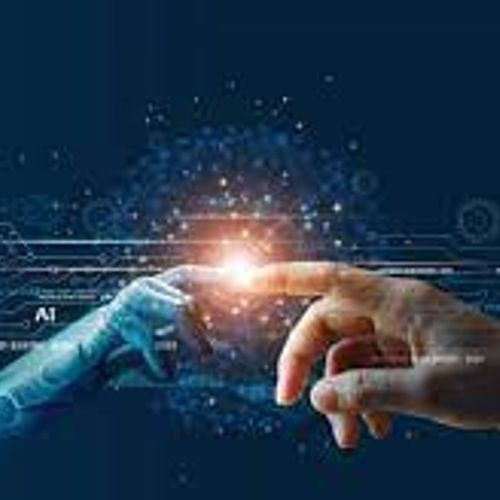What is Artificial Intelligence?
May 08, 2023 · 2 mins read
0
Share

Artificial Intelligence (AI) is a rapidly advancing field of computer science that focuses on developing computer systems that can perform tasks that typically require human intelligence. AI has the ability to recognize patterns, learn from data, reason, and make decisions based.
Save
Share
I have numerous applications in various fields, including healthcare, finance, transportation, manufacturing, and entertainment. In healthcare, AI is used for medical diagnosis, drug discovery, and personalized medicine. In finance, AI is used for fraud detection, risk management
Save
Share
One of the most exciting areas of AI is machine learning, which involves training machines to learn from data without being explicitly programmed.
Save
Share
Deep learning is a subset of machine learning that involves the use of artificial neural networks to analyze and process data.
Save
Share
Natural language processing (NLP) is another area of AI that allows machines to understand, interpret, and generate human language.
Save
Share
AI presents new opportunities and challenges for society. While AI has the potential to transform various industries by enhancing efficiency, accuracy, and productivity, it also presents ethical and social considerations regarding privacy, bias, and job displacement.
Save
Share
As AI continues to advance, it is important for policymakers, industry leaders, and the public to work together to ensure that the benefits of AI are realized while minimizing its potential risks.
Save
Share
AI has several subfields, including machine learning, deep learning, natural language processing, robotics, computer vision, and expert systems
Save
Share
Machine learning involves training machines to learn from data without being explicitly programmed, while deep learning involves the use of artificial neural networks to analyze and process data.
Save
Share
Overall, AI has the potential to transform various industries by enhancing efficiency, accuracy, and productivity, while also presenting new challenges and ethical considerations regarding privacy, bias, and job displacement.
Save
Share
0